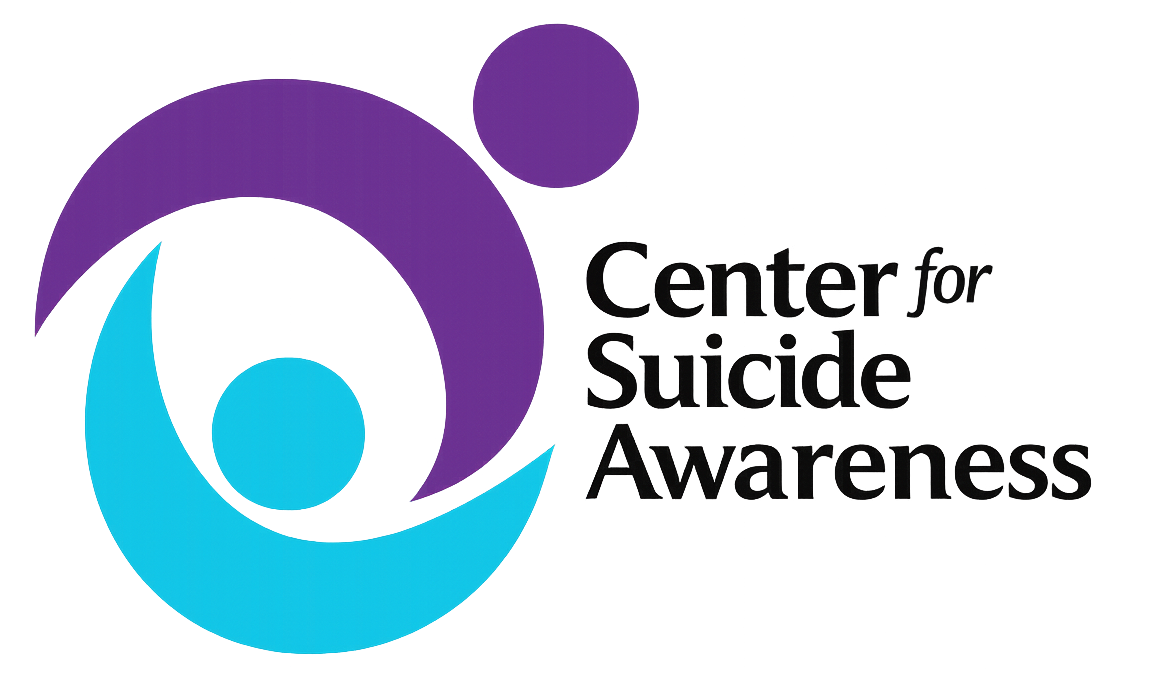The Mental Health Toll of a Changing Job Market
Aug 04 2025 01:37
Renee Kasuboski
The Mental Health Toll of a Changing Job Market
By Renee Kasuboski
Since 2010, I’ve been laid off three times due to company “restructures.” Two of those roles, I dedicated six years of my life to. I’ve walked through once-bustling buildings that emptied out desk by desk, floor by floor—until the only thing louder than the silence was the stress everyone carried on their shoulders.
And I’m not alone.
Across industries, the pattern is repeating: loyal, talented employees being let go under vague labels like “restructure” or “organizational shift.” But behind those buzzwords is a mental health crisis that’s growing just as fast as the layoffs.
When Work Becomes a Source of Trauma
For many of us, our identity is deeply tied to our work. When that stability is stripped away, it can trigger:
- Anxiety over financial insecurity and uncertainty
- Depression rooted in perceived failure or worthlessness
- Shame for being let go, even when it wasn’t our fault
- Isolation, as routines and social structures disappear overnight
We don’t just lose a job—we lose structure, purpose, and sometimes, self-esteem.
In a world where being busy is a badge of honor, unemployment can feel like invisibility. People often don't talk about what it’s really like: staring at the ceiling at 2 AM wondering how you’ll cover next month’s bills, explaining to your kids why you’re suddenly home all day, or fielding awkward conversations from friends who “just wanted to check in.”
The Hidden Impact of Age Discrimination
Adding insult to injury, older workers often face unique challenges during job transitions:
- By 40, many are told their best years are behind them.
- By 50, they’re often considered “unemployable.”
- By 60, they’re expected to retire—even if they can’t afford to.
Studies show:
- 22% of employees 40+ feel overlooked for challenging assignments.
- 25% of Gen X and Boomer workers laid off in the last decade still haven’t found a new job.
This isn’t just frustrating—it’s damaging. Chronic unemployment or underemployment can significantly increase the risk of depression, anxiety disorders, and even suicide, especially for those whose self-worth is deeply connected to their careers.
Burnout Culture, Broken Systems
Even for those still employed, mental health isn’t necessarily protected. Many workers today are:
- Constantly adapting to new leadership or organizational pivots
- Overworked due to staff cuts
- Living in fear of being “next”
Meanwhile, leadership often prioritizes profits and agility over human impact. Executives retain bonuses while employees are left scrambling. Restructures become routine. Job roles are eliminated, outsourced, or automated—leaving people disoriented and defeated.
We’ve shifted from a culture of growth and mentorship to one of survival. And it’s taking a toll.
It’s Not Just You—It’s the System
Let’s be clear: this is not about a lack of talent or ambition. It’s about systems that no longer function in healthy, sustainable ways.
As someone who’s both hired and been laid off, I’ve seen it firsthand:
- Great candidates passed over because their resumes didn’t match an algorithm.
- Experienced professionals ignored because they didn’t “fit the mold.”
- Burned-out employees expected to work harder for less.
It’s not personal.
It’s systemic.
And it’s exhausting.
Supporting Your Mental Health Through Career Uncertainty
So, what can we do?
1. Normalize the conversation.
Losing a job doesn’t mean you failed. Let’s stop whispering about unemployment and start talking openly about the mental strain it causes.
2. Build emotional resilience.
This isn’t just about updating your resume—it’s about managing stress, combating self-doubt, and finding ways to stay grounded. Tools like therapy, support groups, journaling, and mindfulness can help anchor you during transitions.
3. Reimagine your worth.
Your job is a
part
of who you are—not all of it. You are more than a title, a paycheck, or a LinkedIn headline.
4. Advocate for change.
We need a workforce that values people of all ages and honors the mental health needs of employees. That includes trauma-informed HR practices, mental health benefits, and hiring systems that prioritize humanity over keyword filters.
5. Find or build community.
Isolation is one of the most damaging aspects of job loss. Connect with others in the same position—whether through peer groups, online forums, or local events. Shared experiences can bring healing and perspective.
Final Thoughts
The changing job landscape is more than an economic shift—it’s an emotional one. The ripple effects of layoffs, job instability, and career stagnation are felt deeply and personally.
If you're in this space right now—searching, questioning, grieving—please know:
You are not alone.
You are not broken.
And your next chapter still has value and purpose.
